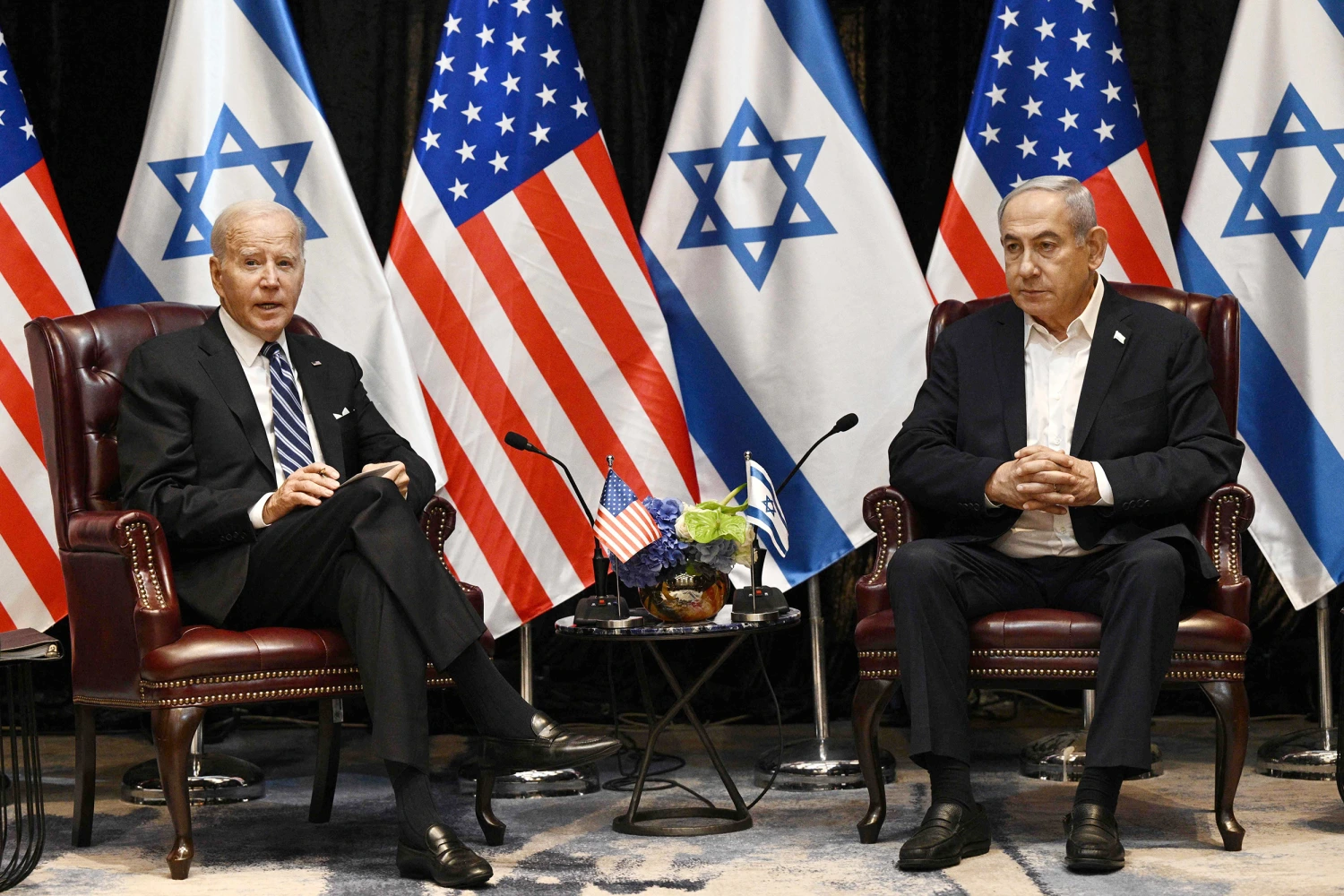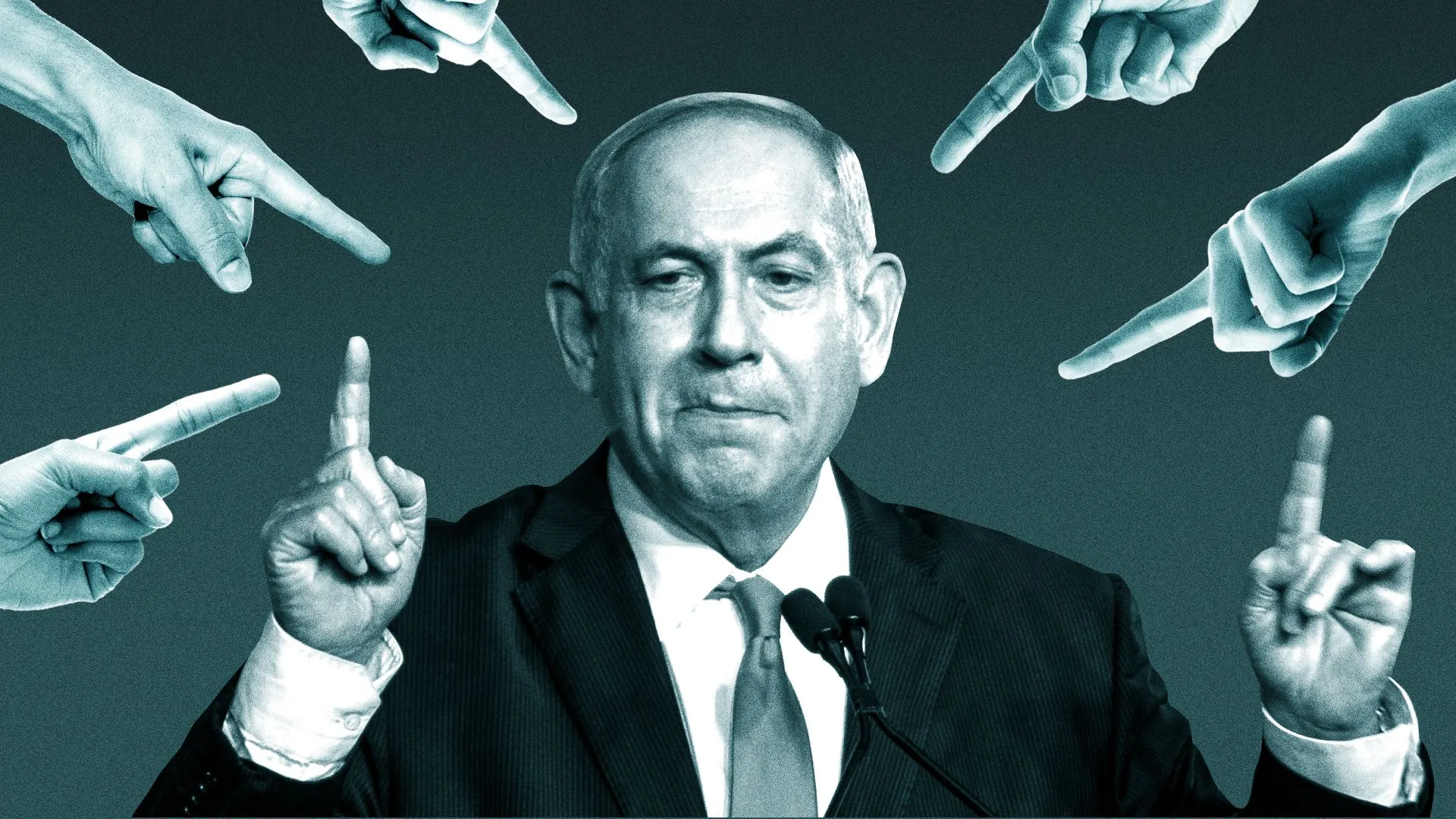Benjamin Netanyahu, one of the most prominent figures in Israeli politics, has served as the Prime Minister of Israel for multiple terms, making him the longest-serving prime minister in the country’s history. Known for his strong stance on security and his conservative policies, Netanyahu has been a polarizing figure both within Israel and on the international stage. This article explores his early life, political career, key policies, controversies, and his impact on Israeli and global politics.

Early Life and Education Benjamin Netanyahu
Contents
Benjamin Netanyahu was born on October 21, 1949, in Tel Aviv, Israel, into a family with a strong Zionist background. His father, Benzion Netanyahu, was a prominent historian and a staunch Zionist, which deeply influenced Netanyahu’s own political beliefs and aspirations.
Netanyahu spent part of his childhood in the United States, where his father held academic positions. He attended Cheltenham High School in Pennsylvania, where he excelled academically and athletically. After returning to Israel, he enlisted in the Israel Defense Forces (IDF) and served in an elite special forces unit, Sayeret Matkal. Netanyahu participated in several high-risk operations, including the rescue of hostages from a hijacked Sabena Flight 571 in 1972.
Following his military service, Netanyahu returned to the United States to pursue higher education. He earned a bachelor’s degree in architecture and a master’s degree in business administration from the Massachusetts Institute of Technology (MIT). He also studied political science at Harvard University. His time in the U.S. allowed him to develop a deep understanding of American culture and politics, which later influenced his diplomatic strategies.
Entry into Politics
Benjamin Netanyahu entry into politics was marked by his appointment as Israel’s Deputy Chief of Mission in Washington, D.C., in 1982. He later served as Israel’s Ambassador to the United Nations from 1984 to 1988. During his tenure at the UN, Netanyahu became known for his eloquent speeches and strong defense of Israel’s policies, earning him a reputation as a skilled diplomat.
In 1988, Netanyahu returned to Israel and joined the Likud party. He was elected to the Knesset, Israel’s parliament, and quickly rose through the ranks. His charismatic leadership and hardline stance on security issues resonated with many Israelis, and in 1993, he became the leader of the Likud party.
First Term as Prime Minister

In 1996, Benjamin Netanyahu won the election to become Israel’s Prime Minister, succeeding Shimon Peres. At 46, he was the youngest person to hold the office. His first term was marked by a strong focus on security and economic reforms. Netanyahu implemented free-market policies, including privatization of state-owned enterprises and reducing government regulations, which helped stimulate economic growth.
However, his first term was also fraught with challenges. Netanyahu’s government faced ongoing violence from Palestinian groups, and his hardline policies and settlement expansion in the West Bank drew criticism both domestically and internationally. In 1999, he lost the election to Ehud Barak, ending his first tenure as prime minister.
Return to Power
After his defeat in 1999, Netanyahu took a brief hiatus from politics but returned to the Knesset in 2002 as the Minister of Foreign Affairs and later as the Minister of Finance. His tenure as finance minister was notable for implementing significant economic reforms that transformed Israel’s economy, earning him praise for his fiscal policies.
In 2009, Netanyahu staged a political comeback and won the election to become Prime Minister once again. His second tenure marked the beginning of a lengthy period of leadership that lasted until 2021. During this time, Netanyahu solidified his position as a dominant force in Israeli politics.
Key Policies and Achievements
Benjamin Netanyahu long tenure as Prime Minister was characterized by several key policies and achievements:
1. Security and Defense
Benjamin Netanyahu approach to security and defense fiatogel was uncompromising. He prioritized strengthening Israel’s military capabilities and intelligence operations. Under his leadership, Israel conducted several military operations in Gaza, including Operation Protective Edge in 2014, aimed at curbing rocket attacks from Hamas. Netanyahu also maintained a hardline stance against Iran, vehemently opposing the Iran nuclear deal and advocating for stronger sanctions against the Iranian regime.
2. Economic Reforms
Benjamin Netanyahu economic policies focused on liberalizing the Israeli economy, promoting free-market principles, and encouraging innovation and entrepreneurship. His reforms in the early 2000s helped Israel become a global technology hub, earning the nickname “Startup Nation.” These policies attracted significant foreign investment and boosted Israel’s economic growth.
3. Diplomatic Relations
Benjamin Netanyahu worked to strengthen Israel’s diplomatic ties with various countries, particularly the United States. His close relationship with multiple U.S. administrations, especially under Presidents Barack Obama and Donald Trump, played a crucial role in securing American support for Israel. Netanyahu was instrumental in the signing of the Abraham Accords in 2020, which normalized relations between Israel and several Arab countries, including the United Arab Emirates and Bahrain.
Controversies and Criticisms

Despite his achievements, Netanyahu’s tenure was also marred by controversies and criticisms:
1. Corruption Allegations
Netanyahu faced multiple corruption investigations during his time in office. He was indicted on charges of bribery, fraud, and breach of trust in three separate cases, making him the first sitting Israeli prime minister to be charged with a crime. Netanyahu denied the allegations, claiming they were politically motivated, but the cases have cast a shadow over his legacy.
2. Settlement Expansion
Netanyahu’s support for expanding Israeli settlements in the West Bank was a major point of contention. Critics argued that settlement expansion hindered the peace process with the Palestinians and violated international law. The issue remains one of the most divisive topics in Israeli politics and has strained relations with the international community.
3. Polarizing Leadership
Benjamin Netanyahu leadership style was often polarizing. His rhetoric and policies deepened divisions within Israeli society, particularly between secular and religious communities, as well as between Jewish and Arab citizens. His confrontational approach to political opponents and the media also drew criticism for undermining democratic norms.
Impact on Israeli and Global Politics
Benjamin Netanyahu’s impact on Israeli politics and global affairs is profound. His policies and leadership have shaped Israel’s security, economy, and diplomatic relations for over a decade. He has been a steadfast advocate for Israel’s right to self-defense and has worked to secure its place on the international stage.
On the global front, Netanyahu’s efforts to normalize relations with Arab countries through the Abraham Accords represent a significant shift in Middle Eastern geopolitics. His hardline stance on Iran and his vocal opposition to the Iran nuclear deal have influenced international policy and discourse on Iran’s nuclear program.
Conclusion
Benjamin Netanyahu remains one of the most influential and controversial figures in Israeli politics. His tenure as Prime Minister saw significant achievements in security, economic growth, and diplomatic relations. However, his leadership was also marked by controversies, corruption allegations, and policies that deepened societal divisions.
Benjamin Netanyahu legacy will continue to be debated and analyzed for years to come. Regardless of one’s perspective, his impact on Israel and the broader Middle East is undeniable, and his influence on Israeli politics is likely to endure long after his time in office.
Read More Article About “Hawaii Night Paradise: Discover the Magic After Dark“


















